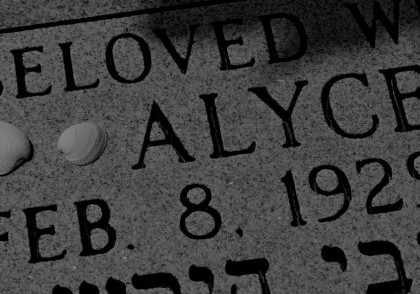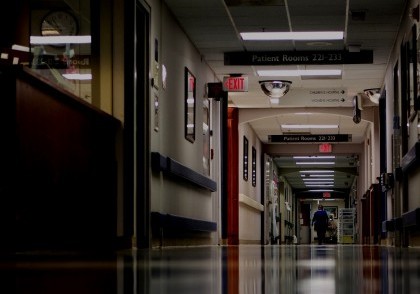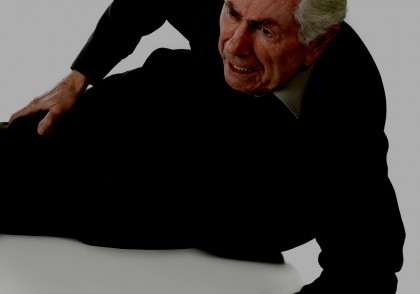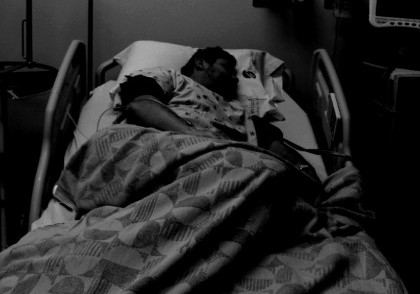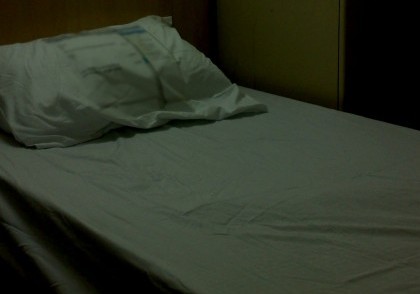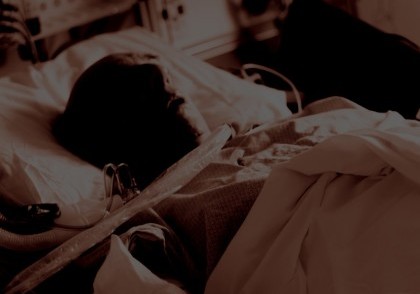As we age, we require more care to accomplish daily tasks to maintain health, hygiene, and well-being, both physically and mentally. We expect nursing homes and long term care facilities to understand these needs and provide adequate and professional attention to the ones we entrust to their care. Unfortunately, this is not always the case, and nursing home management or employees may neglect residents in a variety of ways.
Neglect is a form of abuse more easily overlooked than active physical or mental abuse, but can cause equally devastating physical and mental consequences. It is defined as “a failure, intentional or not, to provide a person with the care and services necessary to ensure freedom from harm or pain; a failure to react to a potentially dangerous situation resulting in resident harm or anxiety.”
Many studies have cited neglect as the most common form of nursing home abuse, although often residents experience multiple forms of abuse concurrently. In addition, residents may be unable to comprehend or articulate neglect as a form of abuse because it may not be intentional or aggressive. This does not mean that neglect cannot cause severe pain and exacerbate pre-existing medical problems.
Types of Neglect
Like any form of abuse, there are telltale signs that can alert you to its presence. However, with neglect, there may be signs or situations that do not seem threatening at first, but over time can contribute to significant deterioration in physical and mental health.
Poor Hygiene
Hygiene is a broad term for any routine practices which maintain cleanliness and therefore health. Often, elderly people need assistance with things like brushing their teeth, dressing themselves, bathing thoroughly, and using the restroom. If they are being neglected, they may not receive the assistance they need to perform these tasks successfully. In addition, if the areas where residents perform hygiene tasks, such as showers and restrooms, are not cleaned and sanitized regularly, it may lead to bacteria growth and increased sickness within the facility. Sheets and clothing should be washed frequently, and the kitchen should follow sickness prevention protocols.
Unexplained Injuries
Just like older residents require assistance to remain clean and well-groomed, they may also need help completing tasks such as taking a walk outside or stepping into and out of the shower. If they are not getting the assistance they need to complete daily activities, they may become injured in an attempt to do them on their own. Injuries may include bruises, cuts, fractures, bedsores, and infections from unclean wounds. According to the CDC, 2.8 million older adults are treated in emergency rooms every year from falls. Many of these falls result in permanent injuries which reduce quality of life and necessitate even more assistance for the resident.
Malnutrition, Dehydration, and Loss of Mobility
Even low levels of neglect can become debilitating over time. This type of neglect is one of the most common, with some studies estimating one fifth to one third of the 1.6 million nursing home residents in the United States suffer from some form of malnutrition and/or dehydration. In addition, “Depression, cognitive impairment, functional impairment, and swallowing difficulty” have been “consistently associated with malnutrition.” This may be caused by lack of staff to assist in feeding or hydrating residents or by underlying and unaddressed medical problems which make eating or processing food difficult. Additionally, nursing home employees may neglect residents by leaving them alone in bed for long periods of time, causing muscles to atrophy. If residents are not taken on walks and encouraged to move, exercise, and remain generally active, they will likely lose their mobility either partially or completely.
Psychological Issues
Like everyone else, nursing home residents must have a social life to remain emotionally healthy and stable. Nursing homes should foster a community in which residents have access to social bonds and activities. In residences with overburdened staff, residents may be left in their rooms for long periods of time, making them feel isolated and alone. Emotional neglect is often more subtle because it does not always have physical manifestations or signs. A resident may become withdrawn, depressed, and reclusive or angry and lash out against those who try to establish connections with them. They may also begin to refuse food and medication, or to care for themselves.
How to Bring a Claim
Legal action can be taken in the form of a personal injury lawsuit against the nursing home.
The nursing home resident or her legal representative may file a lawsuit on behalf of a resident. In order for a lawsuit like this to be successful and the nursing home to be found negligent, it must be established that the nursing home management or an employee of the nursing home violated a regulation or was negligent in the care provided to the resident.
Negligence can stem from a wide variety of factors that an attorney with experience in nursing home litigation will know how to explore. The nursing home may have had insufficient training for their employees, failed to provide enough staff at one time to care for all the residents or failed to complete comprehensive background checks. They may be found negligent for failing to follow proper protocols which allow for excessive physical restraints, inadequate security, or a number of other factors.
When considering taking legal action against a nursing home, it is always advisable to seek legal counsel. An attorney can help you gather information, interview witnesses, obtain medical records, and much more in order to put together a case that has the best chance of success. For a free case evaluation, contact the law offices of Dalli & Marino at 888-465-8790 or fill out our online form.
Case Study – [MC]
“But for that dosing error… Mom would still be with us.” DATELINE…
Case Study: Wrongful Death
Nursing Home Abuse: Case Study 19: Wrongful Death in a Nursing Home
Case Study: Nursing Home Abuse — From a Distance
You can’t be there every minute. But what of the warning signs for nursing home abuse?
Cases of Nursing Home Abuse
Review our portfolio of case studies covering numerous aspects of nursing home abuse: falls, bedsores, over-medication, neglect.
Case Study: Where is Everyone?
Nursing Home Abuse Case Study: Understaffing or neglect in a nursing home can cause severe loneliness, depression, loss of appetite or ignore health warning signs.
Case Study: Nursing Home Falls
Nursing Home Abuse: Despite best practices intended to reduce the incidence of falls, they remain a common cause for nursing home injuries.
Case Study: It Starts with Bruising
Nursing Home Abuse: Bedsores caused by neglect
Case Study: Nursing Home Bedsore
Nursing Home Abuse: Bedsores can lead to fatal complications, including organ failure and even cancer.
Case Study: I Never See A Doctor When I Request One
Nursing Home Abuse Case Study: Patients fail to receive prompt attention from nursing home physicians.
Case Study: Medication Error
Nursing Home Abuse Case Study: A medication error leads to dangerous health complications or death.
